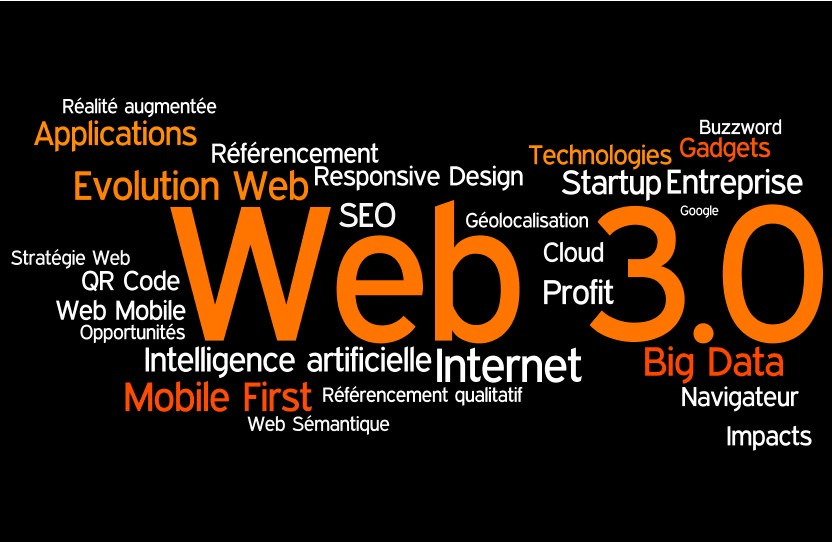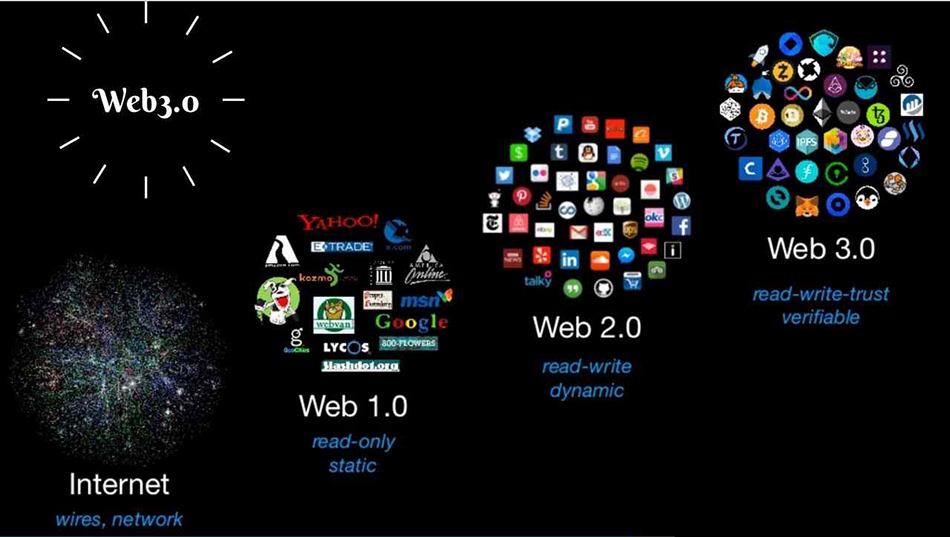Web 3 and what you need to know about it
May 26, 2022

According to crypto proponents, Web3 has the potential to take power and control away from tech giants.
If you read anything about cryptocurrency, NFTs, or the metaverse, you’ll encounter the enigmatic term “Web3.” Web3, as coined by Ethereum’s co-founder, is what crypto enthusiasts refer to as the next phase of the internet.
A brief description is a blockchain-integrated internet or an internet where cryptocurrencies and NFTs are built into your platform. The more complicated way to think about Web3 is as a user-owned internet. That is the hope of cryptocurrency supporters, who believe blockchain technology will result in a more egalitarian internet.
Here’s the argument: The current internet is owned by a few companies, the most prominent of which are Facebook, Amazon, and Google, resulting in e-feudalism, in which internet users toil on the properties owned by a few large corporations. Web3, which uses decentralized technology to eliminate the middleman, is the solution.
“Take how we pay for things online,” Ethereum co-founder Gavin Wood said way back in a 2018 blog post. “You are not empowered to make payments per se. In reality, you must contact your financial institution to do it. You are not trusted to pay your water bill.”
In contrast, Web3 payments via cryptocurrency allow money to be transferred from one wallet to another via an open-source protocol rather than a financial institution.
Some go even further, envisioning a decentralized internet with platform ownership distributed among users. For example, an IPO for a hypothetical Web3 version of Facebook would not occur. Instead, it would create a cryptocurrency token and distribute it too early adopters via airdrop. People would be rewarded if their content went viral. Tokens would be earned based on participation. These coins could serve as governance tokens, allowing users to vote on content moderation.
Because the value of those tokens is determined by the platform’s success, everyone who owns them has an incentive to make Facebook as pleasant as possible

When Web3 proponents talk about “decentralization” – a word vague enough to make your eyes glaze over – they’re essentially referring to taking a few companies’ control of the internet and spreading that power among users. However, critics dismiss it as a pipe dream that is technically impossible to realize.
When Web3 proponents talk about “decentralization”, they’re essentially referring to taking a few companies’ control of the internet and spreading that power among users. However, critics dismiss it as a pipe dream that is technically impossible to execute.
Web3 has a close relationship with the Metaverse. Many believe that the metaverse will be the face of blockchain technology, just as platforms like Facebook and YouTube were the result of technological advances that enabled data uploading and cloud storage. In October, Facebook changed its name to Meta, signaling its transition from a Web2 company to one with a primary focus on Web3.